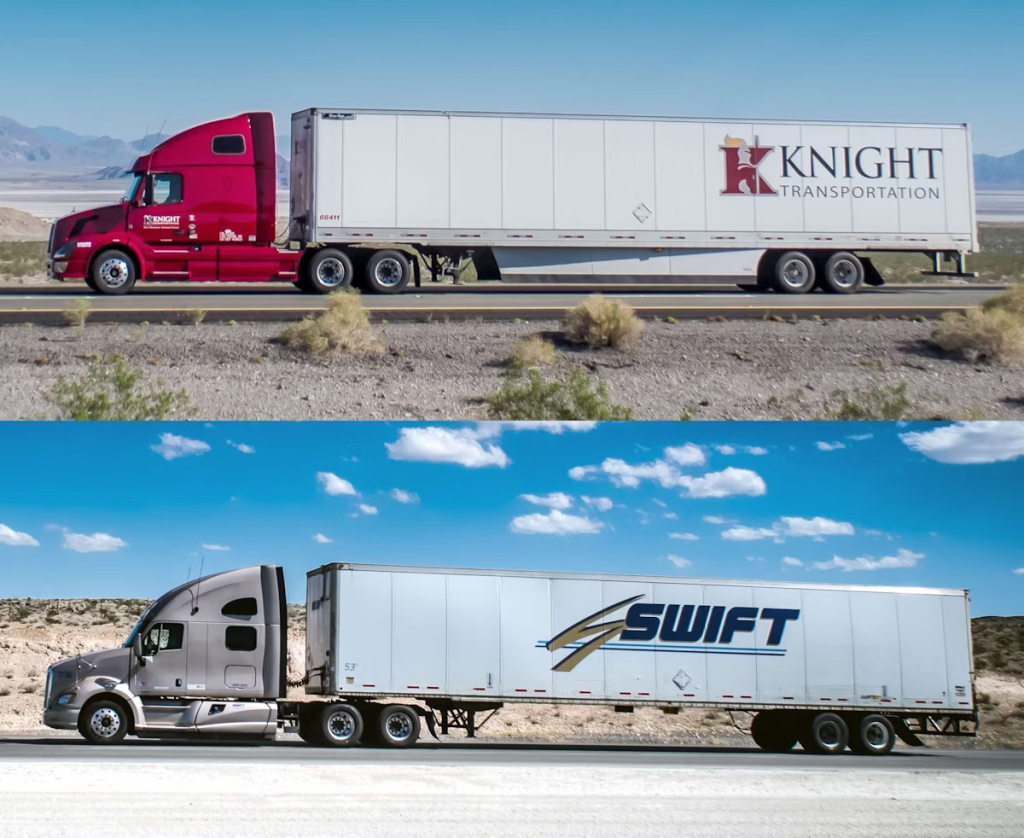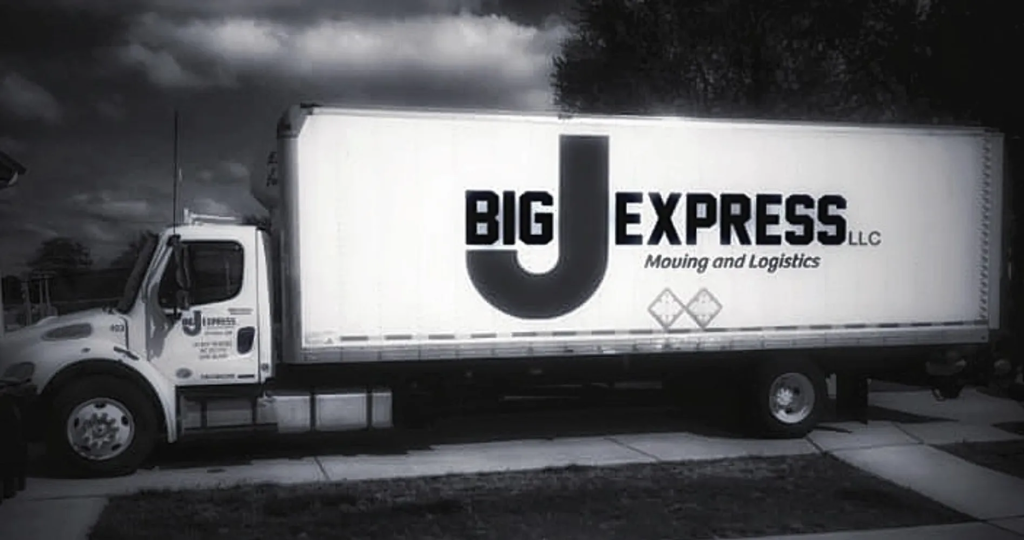The transportation and logistics sector has seen a significant increase in Chapter 11 bankruptcy filings in recent times. Various factors, including rising operational costs, declining demand, and intense competition, have led many companies to seek financial restructuring through bankruptcy. This article explores some of the most recent cases, highlighting the challenges these companies have faced and the broader implications for the industry.
Patriot Transport and Expeditor Systems: Twin Failures
Patriot Transport and its sister company, Expeditor Systems, both based in Illinois, filed for Chapter 11 bankruptcy in early 2024. These companies, like many others in the sector, faced insurmountable financial challenges due to the rising costs of fuel and labor, coupled with a decrease in demand for freight services. The twin bankruptcies highlight the vulnerability of transportation firms to macroeconomic shifts, particularly in an industry with thin profit margins.

Surge Transportation: Struggling Under Debt
In July 2023, Surge Transportation, a Jacksonville, Florida-based logistics company, filed for Chapter 11 bankruptcy. The company, which specialized in e-commerce shipping, cited substantial debt and declining revenue as the primary reasons for its financial difficulties. With estimated liabilities ranging between $10 million and $50 million, Surge Transportation faced an uphill battle in attempting to restructure its operations while dealing with thousands of creditors. The case reflects the broader struggles of logistics companies grappling with high operational costs and fluctuating demand.

Ohio-Based Transportation Companies Collapse
In June 2021, an Ohio transportation company, along with three of its trucking affiliates, filed for Chapter 11 bankruptcy. The companies, which had received PPP loans during the pandemic, were unable to stabilize their operations in the face of rising costs and decreasing revenues. This filing underscores the ongoing challenges in the trucking industry, particularly for smaller regional players that lack the resources to withstand prolonged economic pressures.

Yellow Corporation: A Major Player Exits
Yellow Corporation, once one of the largest trucking companies in the United States, filed for Chapter 11 bankruptcy in August 2023 after years of financial turmoil. The company’s bankruptcy marked one of the most significant collapses in the transportation sector, with thousands of employees affected. Yellow’s downfall was precipitated by high debt levels, operational inefficiencies, and fierce competition from more agile competitors. The case serves as a cautionary tale for large logistics companies navigating a rapidly changing market landscape.

Knight-Swift Transportation: A Close Call
Knight-Swift Transportation, another major player in the U.S. trucking industry, narrowly avoided bankruptcy in 2024 but reported significant financial distress. The company faced a challenging environment marked by declining freight volumes and rising operational costs. While Knight-Swift has not filed for bankruptcy, its struggles are indicative of the broader pressures facing the industry, where even the largest firms are not immune to financial instability.

J.B. Hunt Transport Services: Weathering the Storm
J.B. Hunt Transport Services, one of the largest transportation companies in the U.S., reported disappointing earnings in 2024, leading to speculation about potential bankruptcy. However, the company has thus far managed to avoid filing, thanks to its diversified services and strategic cost-cutting measures. J.B. Hunt’s situation highlights the importance of adaptability in a volatile market, where companies must continuously evolve to survive.

Big J Express: A Small Company’s Big Problems
In mid-2023, Georgia-based Big J Express LLC filed for Chapter 11 bankruptcy after a significant drop in revenue. The company, which had previously expanded rapidly, was unprepared for the abrupt decline in demand and soaring costs that rocked the transportation industry. Big J Express’s bankruptcy is a reminder of the risks associated with rapid growth in a sector prone to economic fluctuations.

TFI International: A Warning Sign
TFI International, a major player in the North American trucking industry, reported significant financial strain in 2024, raising concerns about its long-term viability. Although TFI has not filed for bankruptcy, the company’s financial woes are a clear indication of the challenges that even large, established firms face in the current economic climate. TFI’s situation serves as a warning to the industry about the need for proactive financial management.

The Future of the Transportation Industry
The wave of bankruptcies in the transportation sector in 2024 highlights the significant challenges facing the industry. Rising costs, declining demand, and intense competition have created a perfect storm, leading many companies to seek protection through Chapter 11 bankruptcy. As the industry continues to evolve, companies will need to adapt quickly to survive in an increasingly difficult economic environment. The future of transportation will likely be shaped by those firms that can innovate and manage their finances effectively in the face of ongoing challenges.





